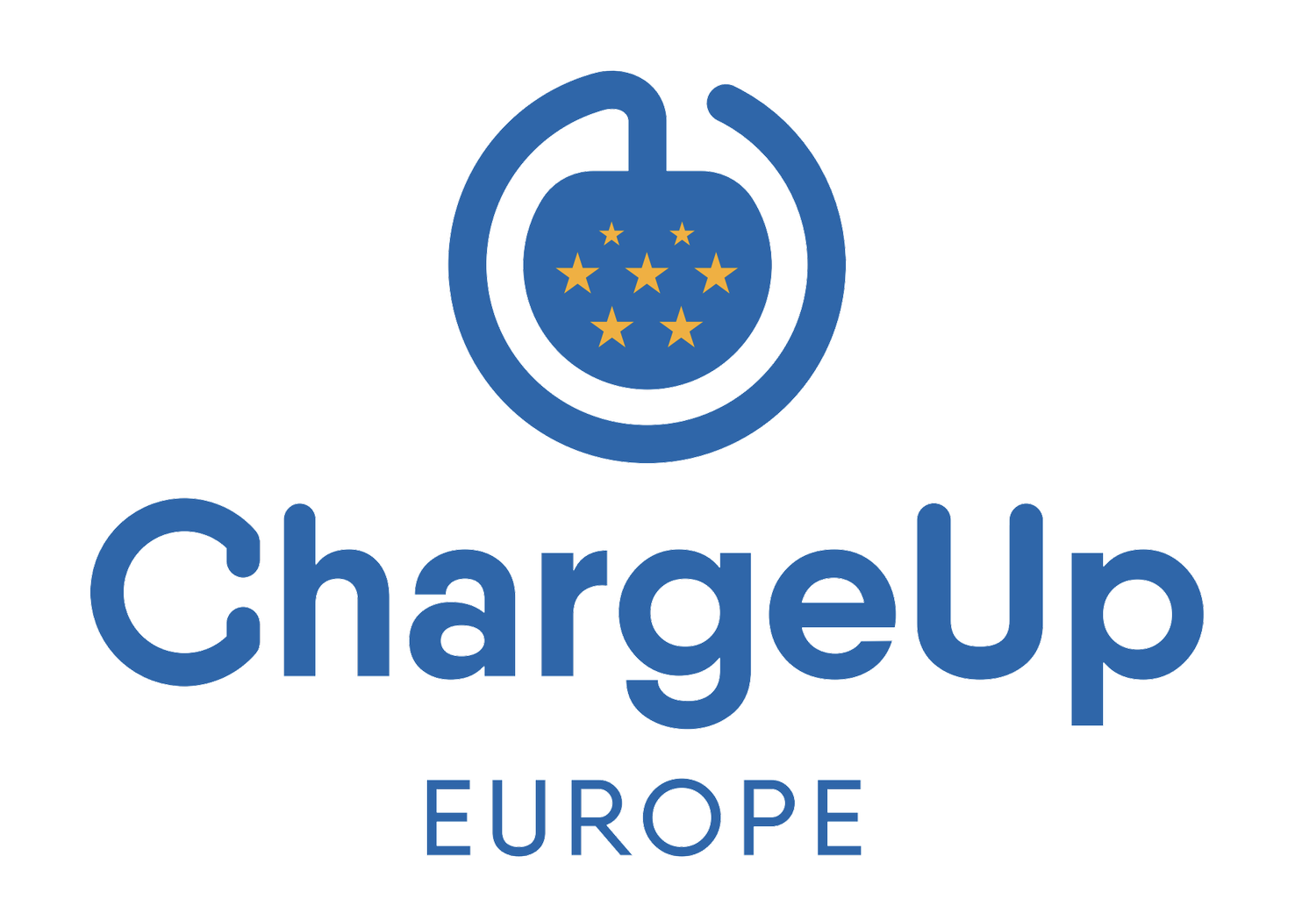Position paper on the Revision of Directive 2014/94/EU on the Deployment of Alternative Fuels Infrastructure
Introduction
The revision of the Alternative Fuels Infrastructure Directive (AFID) comes at a critical time in Europe’s shift to a green and sustainable economy. To enable the development and deployment of clean, electric mobility, a wide revision of this legislation is needed. This is necessary to ensure that charging infrastructure can handle the scale of electric vehicles expected to come onto market in the coming years and help the EU achieve its goal of climate neutrality by 2050.
In this position paper, ChargeUp Europe’s outlines 12 key recommendations for the revision of AFID.
12 key recommendations
Replace the Directive with a Regulation to ensure an accelerated, harmonised rollout of EV charging infrastructure across the EU.
Focus the legislation only on zero emission fuels and prioritise only those options with the greatest potential to decarbonise the road transport sector.
Widen the scope to ensure an ambitious and coherent increase for public charging (fast and normal charging), privately owned charging which is accessible to the public and privately owned charging which is not accessible to the public.
Introduce ambitious binding weighted targets for charging infrastructure at Member State level to allow for smart and targeted minimum coverage across the EU.
Improve transparency & market governance to speed up grid connection and enable efficient market access for charging infrastructure companies.
Urge Member States to develop site-allocation strategies for fast charging stations along highways and main traffic corridors and ensure open and transparent tender procedures.
Prioritise interoperability and open networks to facilitate the adoption of open, non-discriminatory and uniform communication protocols (such as OCPP and OCPI) and related standards.
Ensure the necessary conditions for roaming so EV drivers can travel seamlessly across the EU.
Take a consumer-centric approach to make sure the EV driver has quality data on networks and charging locations, price transparency and choice regarding payment systems.
Introduce a “Right to Plug” so that all EU citizens can request the installation of charging points in or near their building of residence or workplace.
Increase focus on electric heavy-duty vehicles to allow HDVs to charge across the EU road network and in urban areas.
Ensure charging infrastructure is future proof and provide a clear definition of smart charging.
